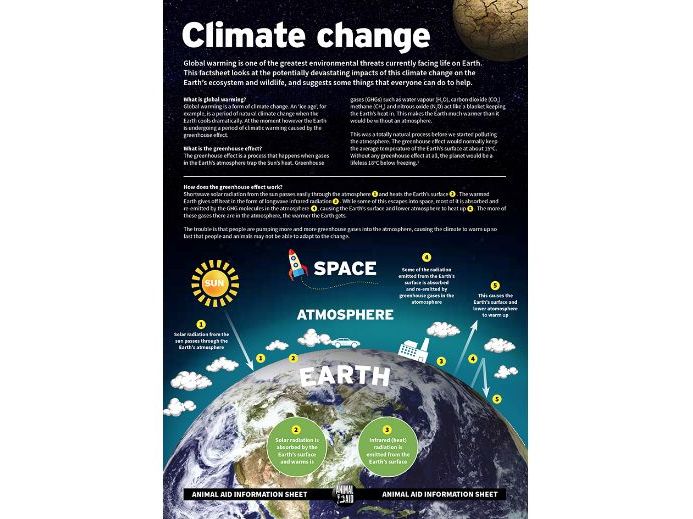Climate change is a topic that has been sparking debates and discussions worldwide. As a music journalist, it is important to look beyond the surface and delve into the potential impacts of climate change on our health and families. Let’s explore the facts and implications of climate change in relation to our well-being.
Understanding the Science Behind Climate Change
Climate change, also known as global warming, refers to the long-term alteration of temperature and typical weather patterns in a place. This phenomenon is primarily caused by human activities, such as burning fossil fuels, deforestation, and industrial processes, which release greenhouse gases into the atmosphere, leading to the warming of the Earth. The consequences of climate change are far-reaching and can impact various aspects of our lives, including our health and the well-being of our families.
The Impact of Climate Change on Health
As the Earth’s temperature continues to rise, the frequency and intensity of extreme weather events, such as heatwaves, hurricanes, and droughts, are likely to increase. These extreme weather events can have direct and indirect impacts on our health. For example, heatwaves can result in heat-related illnesses, such as heat exhaustion and heatstroke, especially among vulnerable populations, such as the elderly, children, and individuals with pre-existing medical conditions.
Furthermore, the changing climate can also alter the spread of infectious diseases, such as mosquito-borne diseases like malaria and dengue fever, as rising temperatures create favorable conditions for disease-carrying vectors to thrive. Additionally, poor air quality, caused by pollutants and allergens released into the atmosphere, can exacerbate respiratory conditions, such as asthma and allergies, leading to increased healthcare costs and decreased quality of life.
The Interconnection Between Climate Change and Family Well-Being
Climate change not only affects individual health but also has broader implications for family well-being. As extreme weather events become more common, families may face displacement, loss of livelihoods, and food insecurity, putting additional stress on household dynamics and relationships.
Moreover, the economic impacts of climate change, such as crop failures, disrupted supply chains, and increased healthcare costs, can strain family finances and resources, making it challenging to meet the basic needs of family members. This can further contribute to social inequalities and disparities, as marginalized populations are disproportionately affected by the adverse effects of climate change.
Protecting Your Health and Family in a Changing Climate
While the effects of climate change may seem daunting, there are steps that individuals and families can take to protect their health and well-being in a changing climate. By practicing sustainable lifestyle choices, such as reducing energy consumption, using public transportation, and adopting eco-friendly practices, individuals can help mitigate the impact of climate change and contribute to a healthier environment for themselves and their families.
Additionally, staying informed about climate change issues and advocating for policy changes at the local, national, and global levels can help raise awareness and drive action to address the root causes of climate change. By working together to address climate change, we can create a healthier and more resilient future for ourselves and future generations.
Final Thoughts
In conclusion, climate change is not just an environmental issue; it is a public health crisis that can have profound implications for our health and families. By understanding the science behind climate change, recognizing its impact on health, and taking proactive steps to protect ourselves and our families, we can help build a more sustainable and resilient future for all. Let us be proactive in addressing the challenges of climate change to ensure a healthier and safer world for ourselves and our loved ones.

